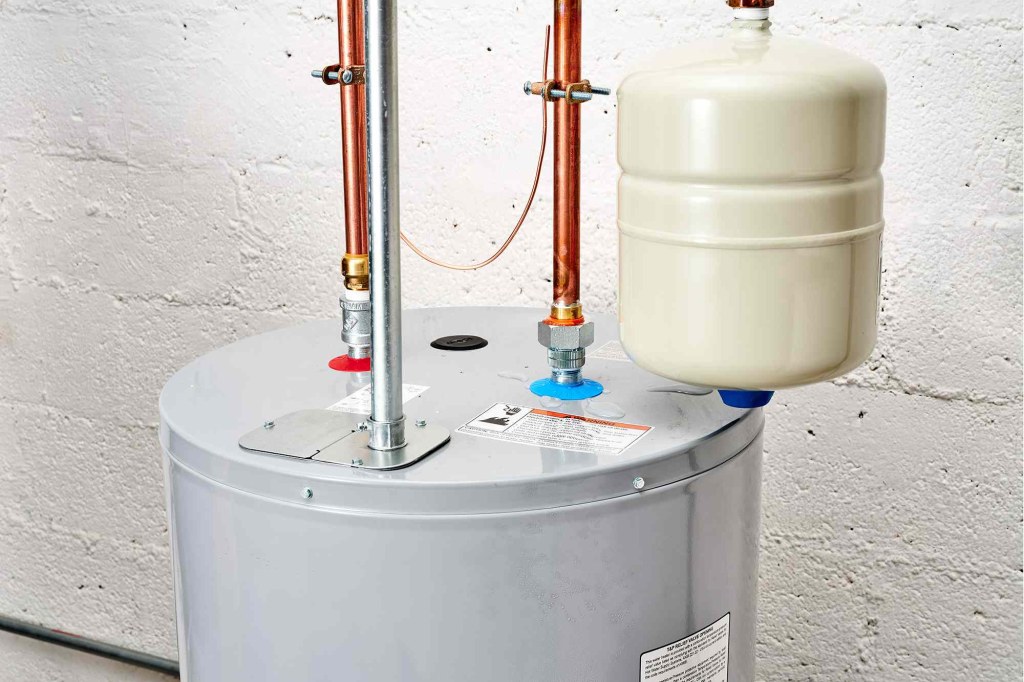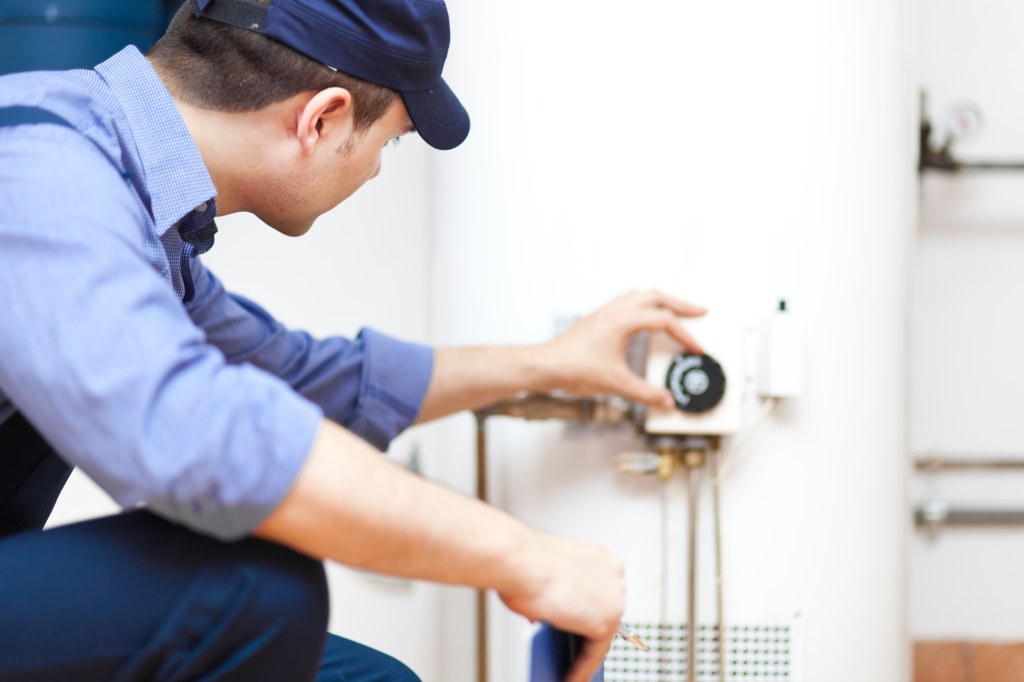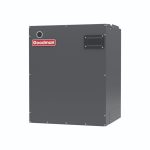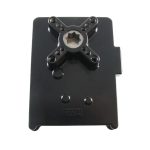Stop The Annoyance: Solve The Whistling Problem Of Your Electric Water Heater Now!
Electric Water Heater Whistling: Causes, Solutions, and More
Welcome, Smart Readers!
Greetings to all the smart people out there who are looking for information about electric water heater whistling. In this article, we will explore the possible causes of this common issue, provide solutions to stop the whistling noise, and discuss the advantages and disadvantages of electric water heaters. So, let’s dive right in and learn everything there is to know about electric water heater whistling!
Table of Contents:
2 Picture Gallery: Stop The Annoyance: Solve The Whistling Problem Of Your Electric Water Heater Now!
1. Introduction: Understanding Electric Water Heater Whistling
2. Causes of Electric Water Heater Whistling
2.1. Water Pressure Issues

Image Source: thespruce.com
Whistling sounds from an electric water heater can be caused by water pressure problems. When the pressure is too high or too low, it can result in vibrations and noises. One possible solution is to install a pressure reducing valve to regulate the water pressure.
2.2. Sediment Buildup

Image Source: smithsplumbingservice.com
Another common cause of whistling in electric water heaters is sediment buildup. Over time, minerals and debris can accumulate at the bottom of the tank, causing a whistling noise. Regular maintenance, such as flushing the tank, can help prevent this issue.
2.3. Faulty Temperature and Pressure Relief Valve
A faulty temperature and pressure relief valve can also contribute to whistling sounds. If this valve is not functioning properly, it can lead to excessive pressure buildup, resulting in whistling noises. Replacing the valve may be necessary to resolve the issue.
2.4. Loose or Damaged Pipes
Loose or damaged pipes can cause vibrations and create whistling sounds in the water heater. Inspecting and securing loose pipes or replacing damaged ones can eliminate the noise.
2.5. Other Potential Causes
There are other factors that can contribute to electric water heater whistling, such as a malfunctioning heating element, a faulty thermostat, or a defective dip tube. Consulting a professional plumber is recommended to diagnose and address these issues.
3. Solutions to Stop Electric Water Heater Whistling
3.1. Adjusting the Water Pressure
If high or low water pressure is the cause of the whistling, adjusting the pressure can help alleviate the noise. A pressure reducing valve can be installed to regulate the water pressure.
3.2. Flushing the Tank
To remove sediment buildup, flushing the tank is necessary. This process involves draining the tank and removing the accumulated debris. Regular maintenance can prevent whistling caused by sediment.
3.3. Replacing the Temperature and Pressure Relief Valve
If the valve is faulty, it should be replaced with a new one. This will help maintain proper pressure and prevent whistling noises.
3.4. Securing Loose Pipes or Replacing Damaged Ones
Tightening loose pipes or replacing damaged ones can eliminate vibrations and the resulting whistling sound.
3.5. Seeking Professional Help
If the whistling persists or the cause cannot be identified, it is advised to consult a professional plumber. They have the expertise to diagnose and repair complex issues with electric water heaters.
4. Advantages and Disadvantages of Electric Water Heaters
4.1. Advantages
✅ Energy Efficiency: Electric water heaters are known for their energy efficiency, making them cost-effective in the long run.
✅ Easy Installation: Electric water heaters are relatively easy to install compared to other types of heaters.
✅ Compact Size: They are compact and can be installed in smaller spaces.
✅ Safety: Electric water heaters have safety features such as temperature and pressure relief valves.
✅ No Combustion: Electric water heaters do not produce exhaust gases or require venting.
4.2. Disadvantages
❌ Higher Operating Costs: Electric water heaters generally have higher operating costs compared to gas-powered heaters.
❌ Limited Hot Water Supply: The amount of hot water available may be limited, depending on the tank size.
❌ Longer Heating Time: Electric heaters may take longer to heat the water compared to gas heaters.
❌ Dependence on Electricity: Electric water heaters rely on electricity, so power outages can disrupt the hot water supply.
❌ Environmental Impact: The electricity used by electric water heaters contributes to carbon emissions.
5. Frequently Asked Questions (FAQs)
5.1. Can electric water heater whistling be dangerous?
No, electric water heater whistling is not dangerous in itself. However, it can indicate underlying issues that should be addressed to prevent further damage.
5.2. How often should I flush my electric water heater?
It is recommended to flush your electric water heater at least once a year to remove sediment buildup and maintain its efficiency.
5.3. Can I fix a whistling electric water heater on my own?
Simple issues like adjusting the water pressure or securing loose pipes can be fixed by homeowners. However, for complex problems, it is best to seek professional help.
5.4. Are electric water heaters more expensive to operate?
Electric water heaters generally have higher operating costs compared to gas-powered heaters. However, the cost can vary depending on factors such as energy rates and usage patterns.
5.5. What maintenance tasks should I perform for my electric water heater?
Regular maintenance tasks for electric water heaters include flushing the tank, testing the pressure relief valve, and inspecting the heating elements and thermostat.
6. Conclusion: Take Action to Fix Electric Water Heater Whistling
Now that you are equipped with knowledge about electric water heater whistling, it’s time to take action. Identify the cause of the whistling noise in your water heater and implement the appropriate solutions. Whether it’s adjusting the water pressure, flushing the tank, or seeking professional help, resolving the issue will ensure a quiet and efficient water heating system in your home.
Final Remarks
It is important to note that while this article provides valuable information, it is always recommended to consult a professional plumber for accurate diagnosis and repair of electric water heater issues. Additionally, regular maintenance and periodic inspections can help prevent whistling and ensure the optimal performance of your electric water heater. Stay informed and take care of your water heating system for a comfortable and uninterrupted supply of hot water.
This post topic: Electric



